
Flat Army
Creating a Connected and Engaged Organization
Read or listen offline
Recommendation
The old command-and-control management style still prevails, but it is as relevant to contemporary business as horse-drawn carriages are to transportation. Engage and empower will be the preferred management method in the future, as learning professional Dan Pontefract explains. His title uses “flat” to mean equal and “army” to suggest ships moving in unison like an armada – thus envisioning people of equal status working collaboratively. While Pontefract can be obtuse (“Think of being continuous as defining your level of leadership cadence”) or even nonsensical (“I want Flat Army to become a disease within the organization”), most of his 90,000 words make solid sense, and he writes with a refreshing, straight-from-the-shoulder style.
Summary
About the Author
As head of learning and coaching, Dan Pontefract is responsible for leadership development and collaboration strategy for 40,000 TELUS team members. He is also the author of Open to Think, The Purpose Effect and Lead. Care. Win.










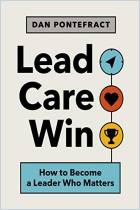

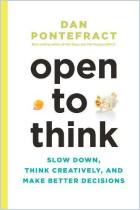
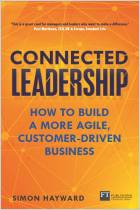

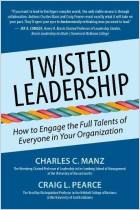
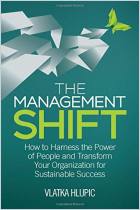
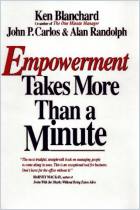
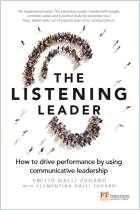



Comment on this summary or Diskussion beginnen